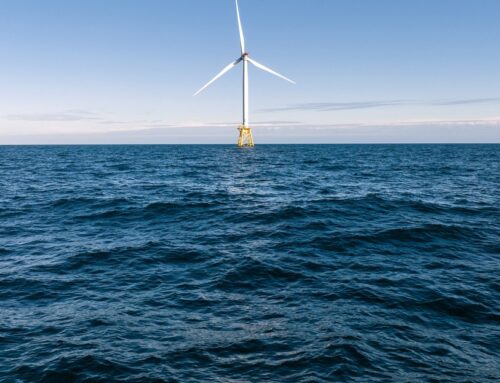Report: Investors prepared to accept illiquidity for impact
April 22, 2025

The impact potential of investments is increasingly driving asset allocation decisions, rather than conventional investment criteria alone among some of the most experienced active private wealth investors in the world, according to a new report.
The report was published by Toniic, a global community of private asset owners spread across over 25 countries, ranging from high-net-worth individuals to family offices to foundations. All of its 500 members are active impact investors and philanthropists.
Although investors are targeting every asset class, they are increasingly willing to allocate to illiquid assets and to catalytic capital, Toniic said in its report.
“The correlation between impact and illiquidity is underappreciated. Impact investors are more willing to trade liquidity for impact than they are to trade risk-adjusted returns. Even so, we were surprised by the extent of catalytic capital investment. Despite the current political headlines, this field is neither dead nor dying,” said Adam Bendell, Toniic president.
The data in the report was based on 107 portfolios of impact investments, over an eight year period ending in 2023. All data was self-reported, and hasn’t been audited or validated by an external source, according to Toniic.
Toniic’s T100 Project, which contains private data of more than 100 portfolios, has analysed the investments of committed impact investors since 2016. Collectively, catalytic capital represents 19% of the investments in the T100 portfolios, which hold assets worth worth $3.5bn (€3.1bn), the San Francisco, US-based firm said in its latest report, titled ‘Cruising Altitude‘.
The T100 Project findings showed that there is a “strong appetite for private market investments that contribute to solutions, combined with the willingness of investors to accept illiquidity for impact”, according to Toniic.
For impact investors, it is no longer a question whether impact investing is viable across a portfolio. Instead, impact investors are increasingly focusing on ways to optimise the deployment of different forms of capital, ranging from market rate to catalytic, to seek both financial returns and impact, according to Toniic.
In total, 64% of T100 investors have included some form of catalytic capital investments in their portfolios, even those aiming for commercial returns at the portfolio level, to achieve their impact objectives.
“The latest data shows clear signals for financial product developers, fund managers, wealth managers, advisors and the field at large,” said Bendell.
Investors withdrew $20bn from US-based sustainable funds last year, according to Morningstar, driven by a growing backlash against environmental, social, and governance investing as well as mediocre performance and high interest rates.
Still, the T100 Project findings showed “sustained demand” among its members for products and commitment to deploying private capital for impact, Toniic said.
The report found investors are increasingly moving away from investments in sustainable cities and communities, in favour of clean energy solutions and climate resilience. In previous analysis, United Nations SDG 11 – sustainable cities and communities – had attracted the most investment.
Toniic highlighted several gaps in the market as far as the SDGs are concerned. SDG 6 – water and sanitation and SDG 16 – peace, justice, and strong institutions, attracted just 1.3% and 0.5% of investments respectively among its members, despite a strong need, as reported by Impact Investor earlier this year.
“The UN Conference on Trade and Development identifies a $2trn investment gap in water and sanitation, suggesting a massive opportunity for product development,” Toniic said.
While public equities make up a significant portion of portfolios, investors have a hard time identifying products that really “contribute to solutions” in this asset class, Toniic said.
The report quotes Kristin Hull, a Toniic member and founder of California-based Nia Global Solutions, who said she had sold all of her public equities years ago, before changing her mind.
“Investors have a right and a responsibility to be in public markets. Investor voice is so important, and we can engage with the companies to help them improve,” Hull said, adding she has been using Nia’s holding of Tesla shares to try and improve its human capital management.
Search
RECENT PRESS RELEASES
Related Post



